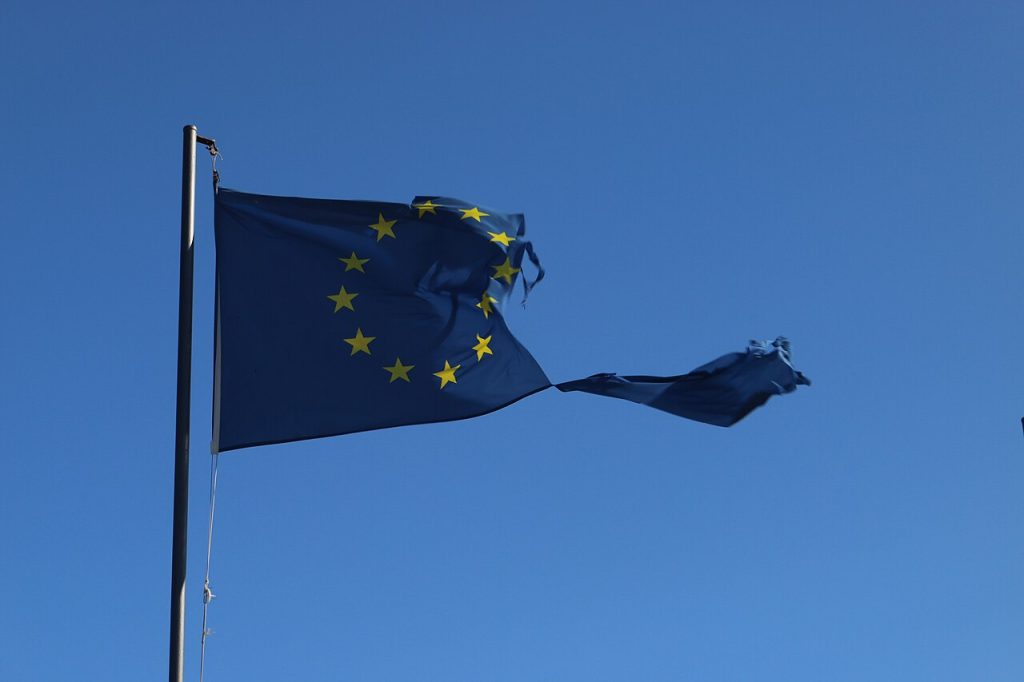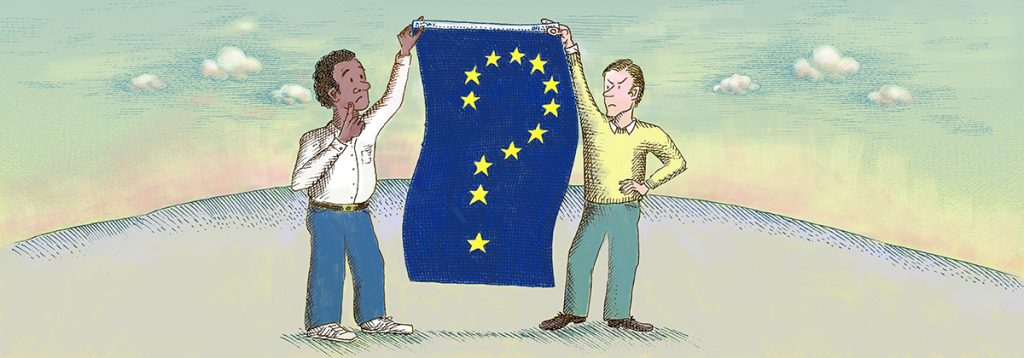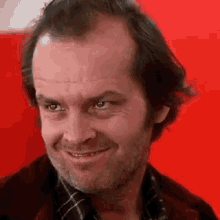One year on from a catastrophe unfolding, how do you mark a past event that feels as though it was a prelude to a much deeper darkness, whose dimensions we are still discovering?

7 October 2024 (Kefalonia, Greece) — How do you look at something with a sense of distance when it has revealed so much, so close to home? The genocidal war launched by Iran and its proxies a year ago this morning was a topic at lunch today. It is not my habit of engaging in conversations with other patrons at breakfast, lunch or dinner during my trips across Greece. My wife and I just enjoy chatting about the previous days adventures, and what we have planned that day.
But after an intense 3 weeks of nature discoveries – swimming with turtles, a course in island biogeography, and a few lessons on how AI is improving the science of archeology – we are vegging for a week in a remote area of Kefalonia which is winding down after a hectic tourist season. Only one taverna remains open so we broke bread with 9 other folks (2 Americans, 2 Italians, 2 Polish, 1 German, and a Croat) who were also winding down their vacations.
We talked about 7 October 2023 a little bit but my position was there is a deeper darkness, with dimensions we are still discovering so I preferred to hold off on any definitive positions.
But I did say I saw two big trends, two “Big Picture” type things at play. Let me deal with the first.

European Commission President Ursula von der Leyen attended a ceremony commemorating the October 7th 2023 attacks in which Hamas militants killed around 1,200 Israelis and took some 250 hostages into Gaza.
But overshadowing the commemorations: there was violence on several fronts in the Middle East over the weekend. At least 26 people were killed and 93 wounded when Israeli airstrikes hit a mosque and a school sheltering displaced people in Gaza, Reuters reported, citing Palestinian authorities. Israeli planes bombarded the southern suburbs of Beirut, hitting what its military said were Hezbollah targets, while Hezbollah rockets landed in northern Israel. And Israel’s Defense Minister Yoav Gallant said Israel has not ruled out striking Iran in retaliation for last week’s rocket attacks, telling CNN: “Everything is on the table.”
Meanwhile, thousands of people attended demonstrations in Europe and around the world. Some gathered in solidarity with Israel, calling for the release of the remaining hostages, but many more turned out to protest against its military operations.
A year after the attacks, the Middle East stands on the brink of a wider war that would have massive geopolitical consequences. Israel’s pursuit of Iran’s proxies Hamas and Hezbollah has killed thousands of people in Gaza and Lebanon, drawn international criticism and exposed tensions with its most powerful ally, the U.S. But Prime Minister Benjamin Netanyahu is determined not to yield, insisting that Israel has a right and duty to defend itself.
The European Union remains hopelessly divided over the conflict. Von der Leyen was harshly criticized a year ago when she traveled to Israel in a show of solidarity in the wake of the attacks, with some EU lawmakers and diplomats angered that she didn’t warn Israel about the humanitarian impact of retaliating against Hamas. Since then, the bloc’s position on Israel has hardly been more unified.
If anything, EU countries have dug more deeply into conflicting pro-Israel or pro-Palestinian positions. While states like Austria and Hungary are staunchly on Israel’s side, the likes of Ireland, Spain and Belgium are entrenched in the opposite camp.
Over the weekend, Irish President Michael Higgins blasted as “outrageous” a request from Israel to remove peacekeepers from southern Lebanon. Ireland has 347 troops participating in a United Nations mission (UNIFIL) whose safety could be at risk because of Israel’s military action against Hezbollah, but Ireland says it is determined to maintain a peacekeeping commitment that was first established in 1978.
Paris also appears to be hardening its criticism of Israel, with President Emmanuel Macron calling for an arms embargo. His statement drew a furious response from Netanyahu, who directly addressed Macron in a blistering video statement: “As Israel fights the forces of barbarism led by Iran, all civilized countries should be standing firmly by Israel’s side,” Netanyahu said. “Yet President Macron and some other Western leaders are now calling for an arms embargo against Israel. Shame on them.”
The two then spoke on the phone on Sunday, with Netanyahu telling Macron that placing restrictions in Israel “will only strengthen the Iranian axis of evil,” Reuters reported. But Macron hasn’t retracted his call for a halt to the delivery of weapons to be used in Gaza. Discussions will continue as France’s Foreign Minister Jean-Noël Barrot starts a four-day visit to the Middle East today.
Inside the EU system, divisions are also on display. Von der Leyen issued a statement Sunday saying: “There can be no justification for Hamas’ acts of terror. I condemn once again, and in the strongest possible terms, those barbarous attacks.” The Commission president reiterated the EU’s hope for an immediate cease-fire and the release of the remaining hostages; deplored the “appalling” humanitarian situation in Gaza; and warned against a “spiral of violence” across the region.
But what about the EU’s top diplomat? As of late Sunday evening, Josep Borrell — a prolific issuer of missives about political events — had not made a statement. His schedule listed no events planned for October 7th.
Yes, Borrell holds the EU’s most pointless job. The EU’s commissioner for condemnation — ahem, foreign policy chief.
Bottom line? A year after Hamas’s bloody attacks, Europe remains stuck between outrage, sympathy and paralysis over Israel’s wars. While the bloc managed to find a voice and a raison d’être over Ukraine, on Israel it’s as divided – and powerless – as ever.
Meanwhile across the Atlantic …


Yes, I watched clips of the Trump tally over the weekend, and the appearance of Elon Musk. As I have noted before, I think I saw the dangers of demagogic populist nativism, bigotry, and grievance-mongering pretty early on.
But I didn’t focus enough on the extent to which oligarchic arrogance and entitlement would eagerly join forces with populist demagoguery in the assault on liberal democracy.
I was thinking about that this morning after reading of the astronomical amount of U.S. government funding Elon gets. You have the wealthiest man, set to become more wealthy, who controls social media, satellites, space, etc., etc. Way too much power for anyone, let alone a bad one. Craven oligarchic arrogance with a thirst for power and an entitlement to be above tax law and criminal law. Oligarchic arrogance and populist demagoguery are cut from the same cloth until the oligarchs turn on the populists. Populism is one hell of a drug. The most destructive and harmful drug in human history.
It is why in this case Trump is the stooge but those around him are the true danger. U.S. Supreme Court Justice Alito and the other radical Catholic weirdos on the Supreme Court, in Greg Abbott and Dan Patrick and Ken Paxton in Texas, in the Proud Boys and other white nationalist groups, in Charlie Kirk and Chaya Raichik and other hateful rightwing media figures, and many more besides. These are people who delight in the suffering of others, who make a living indulging in that delight, and who would therefore rather cause suffering than alleviate it. MAGA is hatred, and hatred is MAGA.
They know that the maintenance of these hatreds will cost the lives of their children, but they do not hesitate to make the sacrifice, if by doing so they retain possession of their property and their power over their servants.
Here is a grandeur of egotism which is perhaps insufficiently appreciated. Most Americans simply do not realize the major societal shift underway.